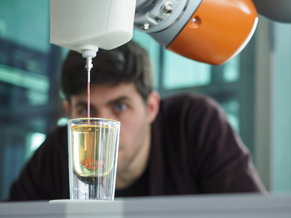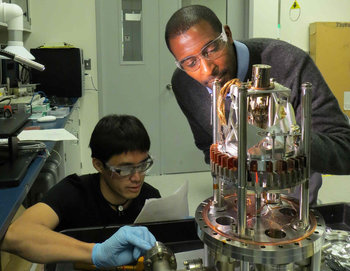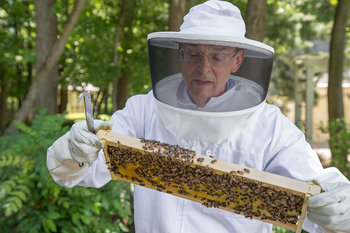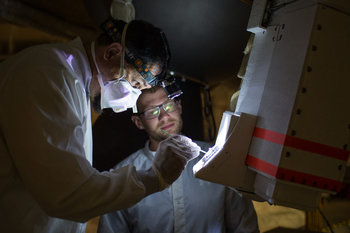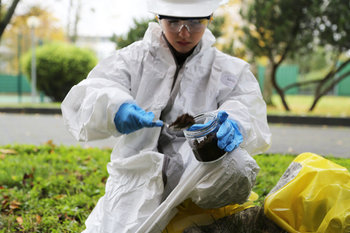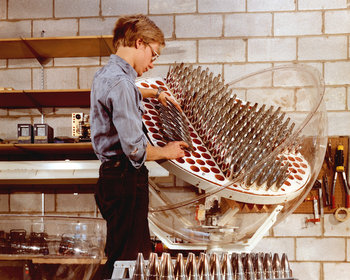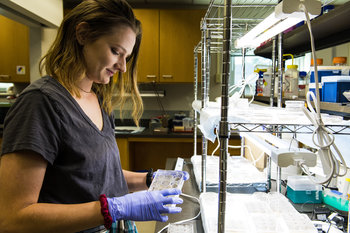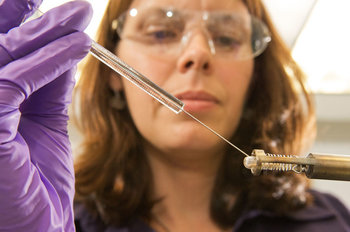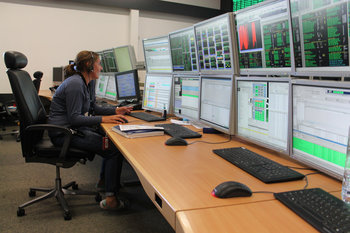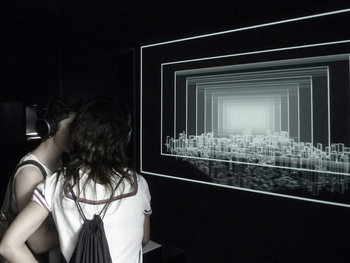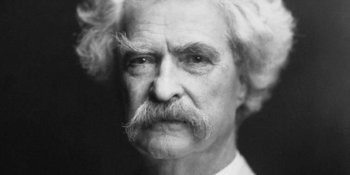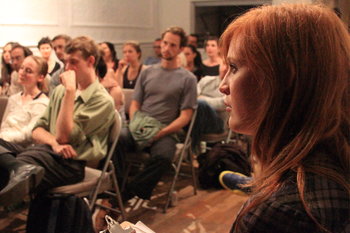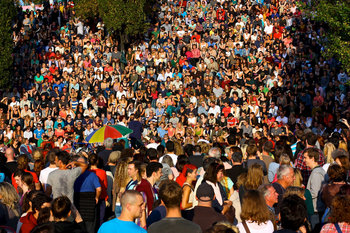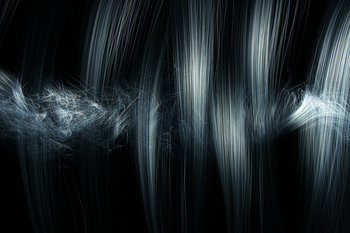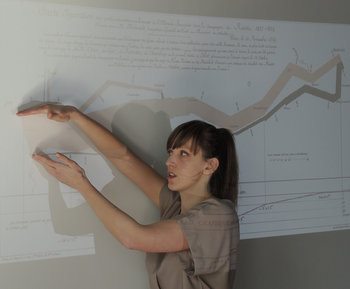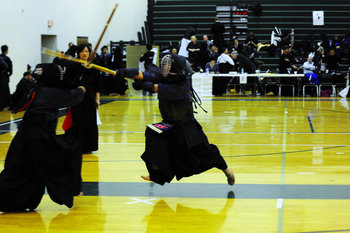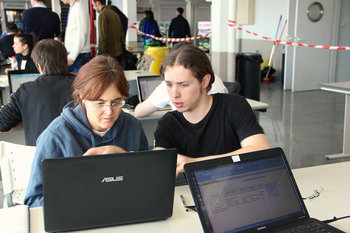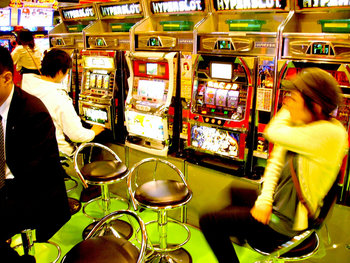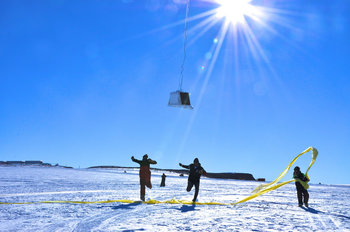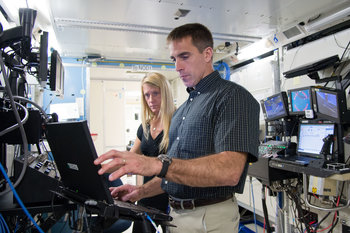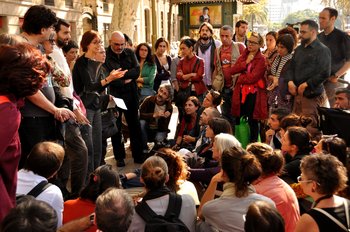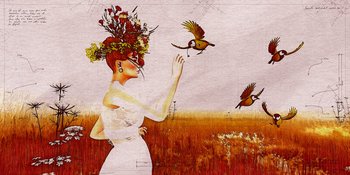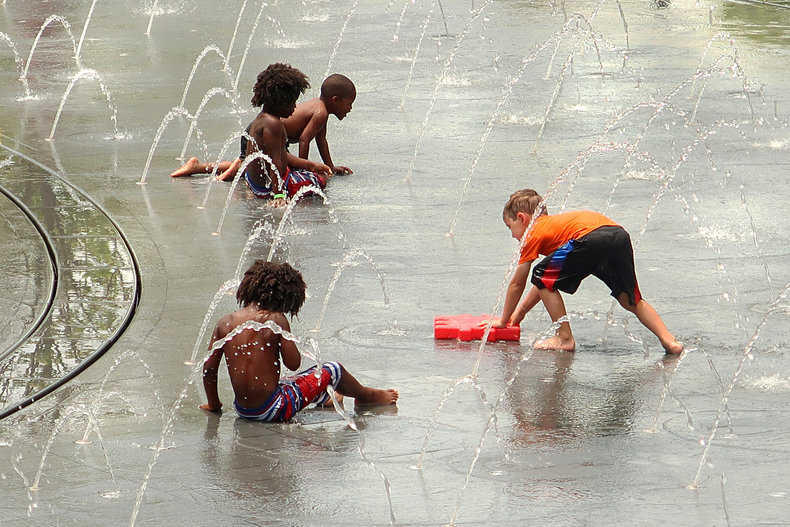
Positive Correlation vs Null Hypothesis
A null hypothesis is a prediction that two variables aren't correlated such that an increase or decrease in one has no influence on the other. More precisely, the null hypothesis is the prediction that change to an independent variable will not correspond to change in a dependent variable.Null Hypothesis
Rain and mud puddles have no correlation.
Rain and mud puddles have no correlation.
Positive Correlation vs Negative Correlation
Negative correlation is the opposite of positive correlation. For example, sleeping is negatively correlated with sleepiness such that an increase in one corresponds to a decrease in the other and vice versa. In practice, this might not be completely true as at some point oversleeping might make you sleepy.Positive Correlation vs Causation
Correlation simply indicates that two variables move in the same direction and doesn't necessarily suggest that one causes the other to change. Confusion of correlation and causation is amongst the most common errors in research. For example, if smoking and pregnancy were correlated it would be highly unlikely that one is causing the other.Causative Hypothesis
Rain causes mud puddles.
Rain causes mud puddles.
Notes
Correlations can involve multiple variables. For example, wealth is positively correlated to health and education outcomes.The last example above "Price reductions and unit sales are positively correlated" can be simplified to "Price and unit sales are negatively correlated." This is the conventional way to state a hypothesis. It makes things more complex to convert a negative correlation to a positive correlation using a negation of one variable.| Overview: Positive Correlation | ||
Type | ||
Definition | A relationship between variables whereby both variables move in tandem. | |
Related Concepts | ||


